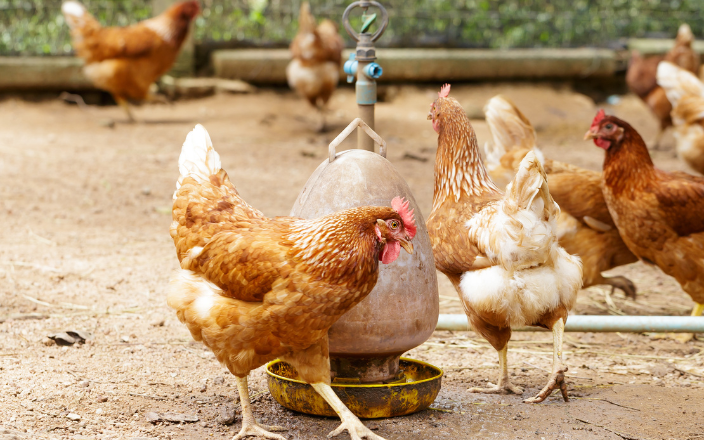The UK egg sector has been working towards a significant transformation, aiming to be cage-free by 2025. This initiative has been driven by commitments from major retailers and food companies, as well as advocacy from animal welfare organizations.
In recent years, several UK retailers, including Tesco, Asda, Lidl, and Aldi, have pledged to eliminate the sale of eggs from caged hens by 2025. These commitments cover both shell eggs and eggs used as ingredients in various products. The British Hen Welfare Trust (BHWT) has played a crucial role in this movement, encouraging consumers to choose higher welfare eggs and pushing for industry-wide changes.
Despite these efforts, there are concerns about whether the sector will fully achieve its cage-free goal by the 2025 deadline. As of late 2024, it is estimated that around 4 million laying hens in the UK are still kept in cages. This situation has led to calls for more robust government action to ensure a level playing field across the industry.
One of the challenges facing the transition is the financial and logistical burden on farmers. Moving from caged systems to alternative methods, such as free-range or barn systems, requires significant investment. The National Farmers’ Union (NFU) has highlighted the need for clear guidance and support to help producers make this shift without disrupting their businesses.
Retailers have made varying degrees of progress towards their cage-free commitments. For example, Tesco has stated that it will be cage-free by December 2025 for both shell and ingredient eggs. Similarly, Lidl has committed to phasing out the sale of eggs from caged hens by 2025. However, the BHWT has raised questions about what these commitments mean in practice and whether they will lead to a genuine improvement in hen welfare.
The push for cage-free eggs is part of a broader trend towards higher animal welfare standards in the food industry. Organizations like Compassion in World Farming and the RSPCA have been instrumental in advocating for these changes, working with retailers and producers to promote better living conditions for hens.
In conclusion, while significant strides have been made towards a cage-free UK egg sector, challenges remain. The success of this initiative will depend on continued efforts from retailers, producers, and consumers, as well as supportive policies from the government. With the 2025 deadline approaching, it is crucial for all stakeholders to work together to ensure that the transition to cage-free eggs is both effective and sustainable.
Sources: Available upon request.

